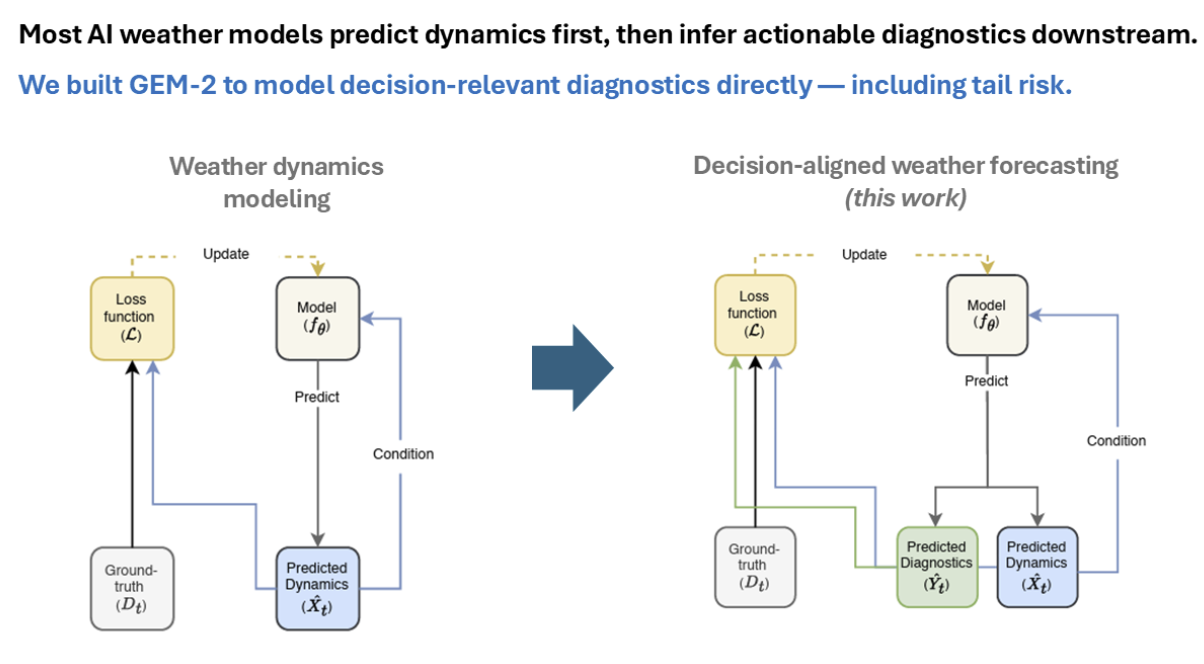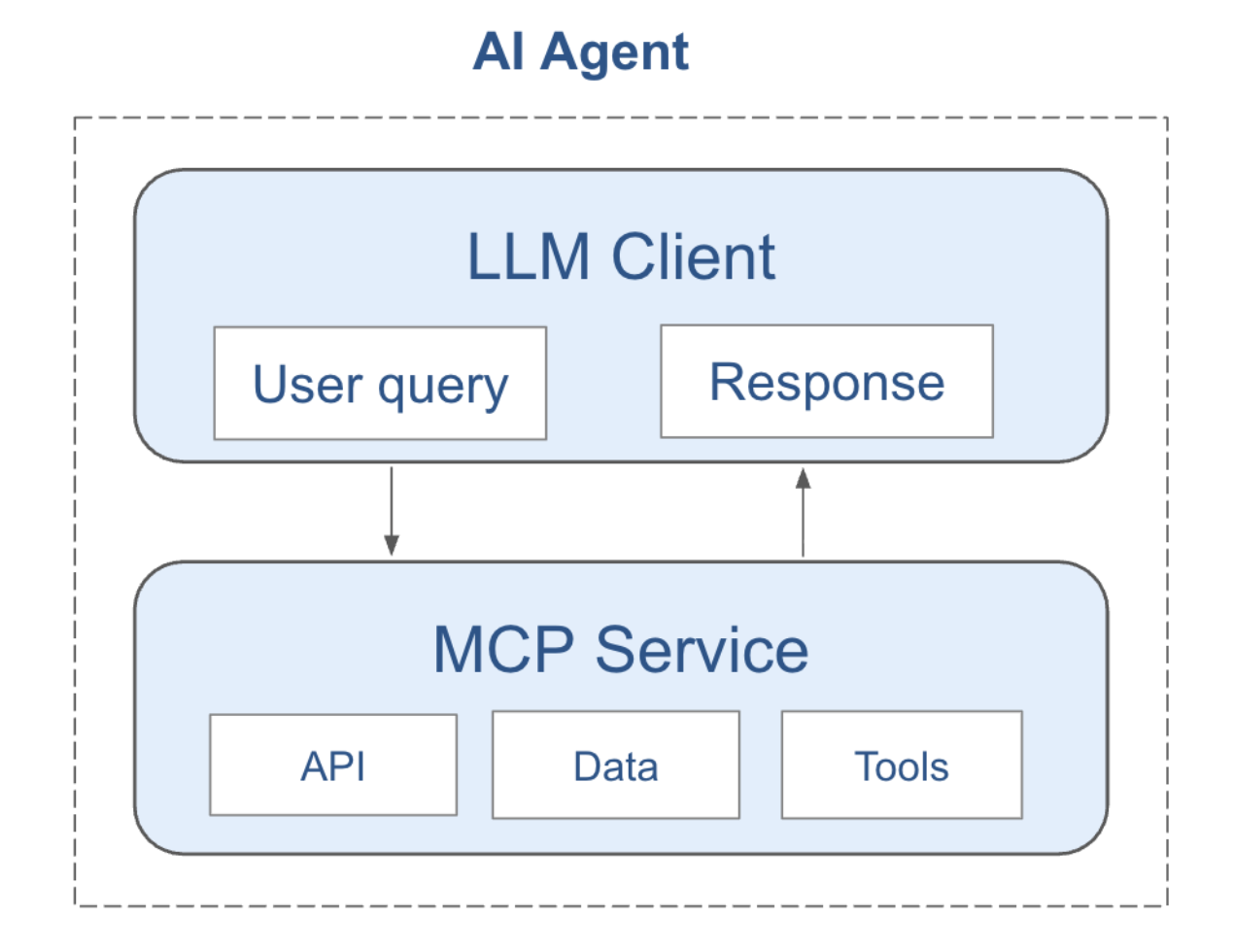
October 15, 2023
October 15, 2023
Weather volatility is a climate risk that can now be addressed
.jpg)
The SEC recently proposed new rules to “enhance and standardize climate-related disclosures.” The potential ramifications are massive for the planet and businesses. Foreknowledge of weather volatility will be an important climate risk metric that companies can now exploit using Salient’s superior long-range forecasting skills. Salient can help many firms meet the proposed new SEC requirements on climate risk reporting, in addition to actually reducing GHG emissions and building climate resilience.
Much of the focus in SEC requirements to-date has been around understanding how business risks are changing years to decades into the future. These changes are often manifested in discrete weather events that are more severe, more often, more prolonged. While it’s important to understand the long-term trends, it’s also important to be able to forecast further to brace for discrete events. The SEC closed the public comment period for the new climate disclosure rules today.
More extreme events have been dominating our weather in recent decades as the effects of climate change become more apparent. Events like the unusual cold of the February 2021 Texas freeze or the heavy rains that caused the European floods of July 2021 have a direct adverse effect on many people and businesses. This increasing volatility can be attributed to our rapidly warming climate (Figure 1).
The higher temperatures we are experiencing allow the atmosphere to carry more water vapor, thus intensifying both evaporation and precipitation. Water vapor is the fuel for convective motions in the atmosphere, and its increase is leading to stronger hurricanes and tornadoes and intensifying rain and hail storms. The atmosphere’s thirst for more water is also leading to longer and more severe droughts - dry soil heats up more quickly in the sun so that heat waves become longer and stronger, leading to more droughts and wildfires. A warming climate drives all these direct consequences that can adversely impact the operations of nearly every business on the planet. One way for businesses to protect themselves against such weather volatility is to have an improved long-range view of what is coming their way.
Salient is a weather startup that uses new insights into the climate system, new data sources and the latest advances in machine learning to provide more accurate long-range weather forecasts from 2-52 weeks ahead. Businesses must be better prepared for the extreme events that are coming to dominate our weather, and we enable them to forecast further. Some key early applications in energy, agriculture and insurance include:
- Weather is the fuel for the renewable grid. Salient provides estimates of expected power production from solar, wind and hydro production facilities, along with the demand from cooling and heating degree days - all forecast at 2-52 weeks ahead. This enables better planning, operations and maintenance of any power grid, as well as optimized trading.
- A farmer who knows that a wet or dry growing season is coming is much better prepared to harvest the most from their land. They may be able to double-crop if adequate growing degree days are expected, or they may plant a drought-tolerant crop if weaker rainfall is in the forecast. The chemical companies that service agriculture can prescribe the dosage and timing of proper fertilizers, herbicides and pesticides based on long-range temperature and rainfall predictions. Optimizing timing and inputs increases yields and improves soil health.
- An insurance company can alert its customers to the risks of approaching extreme weather events while there is still time for businesses to protect themselves. A week’s notice from standard weather predictions is often not sufficient time to implement changes to complex plant operations, for example. Insurers will be better able to properly price policies based on the best understanding of changing weather risk patterns.
We remain optimistic about humanity’s ability to adapt to climate change; the proposed new SEC rules will be a helpful step for the business world, and Salient is providing a key piece of the technology puzzle that will help us get there.

October 15, 2023
October 15, 2023
Weather volatility is a climate risk that can now be addressed
.jpg)
The SEC recently proposed new rules to “enhance and standardize climate-related disclosures.” The potential ramifications are massive for the planet and businesses. Foreknowledge of weather volatility will be an important climate risk metric that companies can now exploit using Salient’s superior long-range forecasting skills. Salient can help many firms meet the proposed new SEC requirements on climate risk reporting, in addition to actually reducing GHG emissions and building climate resilience.
Much of the focus in SEC requirements to-date has been around understanding how business risks are changing years to decades into the future. These changes are often manifested in discrete weather events that are more severe, more often, more prolonged. While it’s important to understand the long-term trends, it’s also important to be able to forecast further to brace for discrete events. The SEC closed the public comment period for the new climate disclosure rules today.
More extreme events have been dominating our weather in recent decades as the effects of climate change become more apparent. Events like the unusual cold of the February 2021 Texas freeze or the heavy rains that caused the European floods of July 2021 have a direct adverse effect on many people and businesses. This increasing volatility can be attributed to our rapidly warming climate (Figure 1).
The higher temperatures we are experiencing allow the atmosphere to carry more water vapor, thus intensifying both evaporation and precipitation. Water vapor is the fuel for convective motions in the atmosphere, and its increase is leading to stronger hurricanes and tornadoes and intensifying rain and hail storms. The atmosphere’s thirst for more water is also leading to longer and more severe droughts - dry soil heats up more quickly in the sun so that heat waves become longer and stronger, leading to more droughts and wildfires. A warming climate drives all these direct consequences that can adversely impact the operations of nearly every business on the planet. One way for businesses to protect themselves against such weather volatility is to have an improved long-range view of what is coming their way.
Salient is a weather startup that uses new insights into the climate system, new data sources and the latest advances in machine learning to provide more accurate long-range weather forecasts from 2-52 weeks ahead. Businesses must be better prepared for the extreme events that are coming to dominate our weather, and we enable them to forecast further. Some key early applications in energy, agriculture and insurance include:
- Weather is the fuel for the renewable grid. Salient provides estimates of expected power production from solar, wind and hydro production facilities, along with the demand from cooling and heating degree days - all forecast at 2-52 weeks ahead. This enables better planning, operations and maintenance of any power grid, as well as optimized trading.
- A farmer who knows that a wet or dry growing season is coming is much better prepared to harvest the most from their land. They may be able to double-crop if adequate growing degree days are expected, or they may plant a drought-tolerant crop if weaker rainfall is in the forecast. The chemical companies that service agriculture can prescribe the dosage and timing of proper fertilizers, herbicides and pesticides based on long-range temperature and rainfall predictions. Optimizing timing and inputs increases yields and improves soil health.
- An insurance company can alert its customers to the risks of approaching extreme weather events while there is still time for businesses to protect themselves. A week’s notice from standard weather predictions is often not sufficient time to implement changes to complex plant operations, for example. Insurers will be better able to properly price policies based on the best understanding of changing weather risk patterns.
We remain optimistic about humanity’s ability to adapt to climate change; the proposed new SEC rules will be a helpful step for the business world, and Salient is providing a key piece of the technology puzzle that will help us get there.

About Salient
Salient combines ocean and land-surface data with machine learning and climate expertise to deliver accurate and reliable subseasonal-to-seasonal weather forecasts and industry insights—two to 52 weeks in advance. Bringing together leading experts in physical oceanography, climatology and the global water cycle, machine learning, and AI, Salient helps enterprise clients improve resiliency, increase preparedness, and make better decisions in the face of a rapidly changing climate. Learn more at www.salientpredictions.com and follow on LinkedIn and X.



